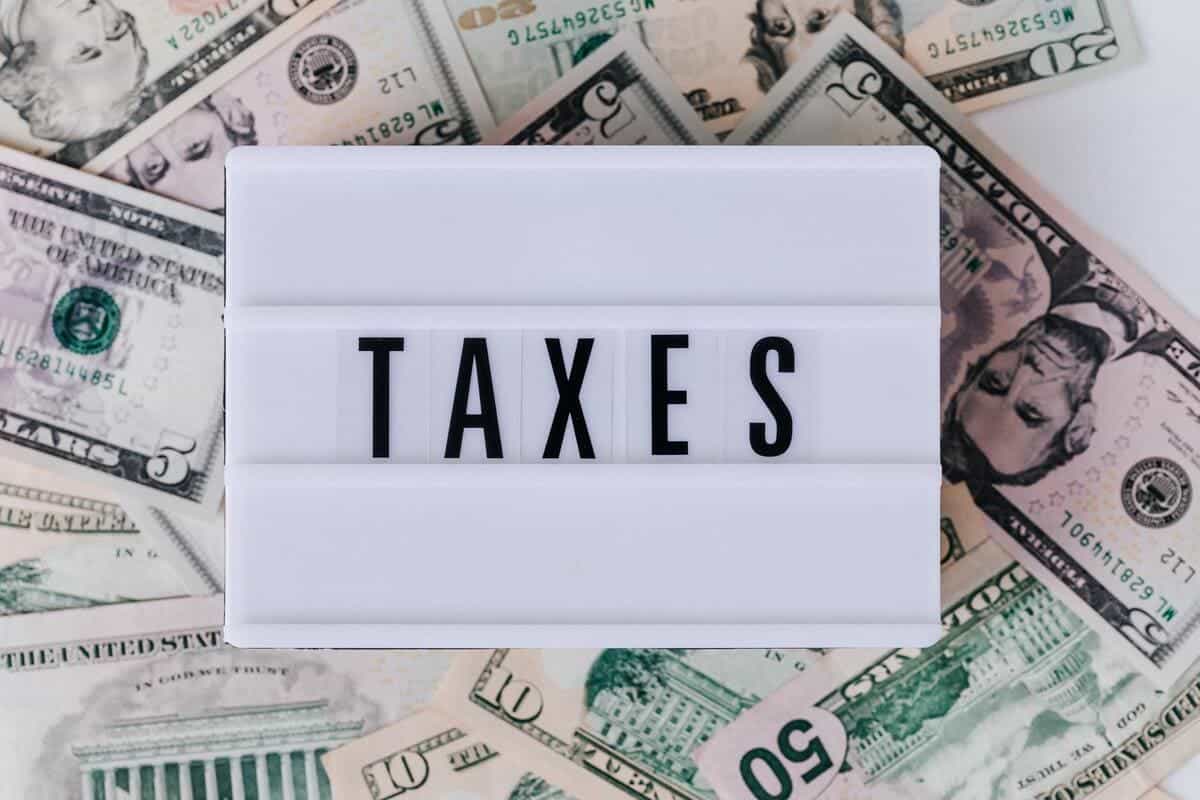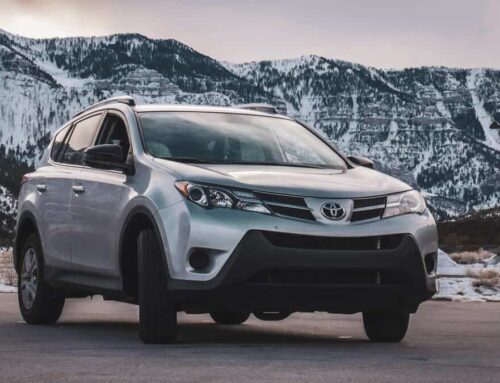The Car Rental with Driver (NCC) sector is continually evolving, especially in the era of sustainable mobility and new technologies. This form of private transportation offers a comfortable and personalized alternative to public transport, with a growing demand from both tourists and professionals on the move. However, behind the scenes of the efficient and cutting-edge service, there are multiple bureaucratic and tax-related aspects that NCC operators must handle. One of the most crucial aspects concerns VAT and related taxes. Navigating the sea of tax regulations correctly is essential to ensure the legality and profitability of the business.
How much do NCCs pay in taxes?
Delving into the details of taxes in the NCC world is a complex task, as the Italian tax landscape presents a series of nuances that can vary depending on the choices made by the individual professional or company. In addition to choosing the tax regime, such as the flat-rate scheme or the standard scheme, variables such as the type of vehicle, the operational geographical area, and the kind of clientele served must be considered. In the flat-rate scheme, for instance, the professional pays a fixed percentage on income, generally lower than other regimes, and does not have the possibility to deduct VAT. This can be advantageous for those with limited business volume. On the other hand, in the standard regime, VAT on receipts is paid, but there’s the possibility to deduct the VAT on purchases, offering more flexibility but also greater complexity in accounting management. Given the intricate tax landscape, it’s highly recommended to seek advice from an accountant specialized in the sector, to avoid mistakes and ensure optimal tax management.
How much is the VAT on rental cars?
The purchase of a car for NCC service is one of the most significant expenses for those operating in this sector. The VAT on rental cars is a crucial element to consider in the investment planning phase. As of my last update, the standard VAT for such vehicles was 22%. However, the fiscal landscape is continually evolving, and there may be benefits in specific contexts. For instance, to promote the transition to more sustainable mobility, there might be VAT reductions for purchasing electric or hybrid cars, depending on current environmental policies. These incentives can represent substantial savings for businesses and professionals in the field, making the investment in more eco-friendly vehicles not only an ethical choice but also an economically advantageous one.
How much does it cost to register a VAT number for NCC?
Choosing to operate in the NCC sector means facing a series of initial expenses related to bureaucracy and business startup. While the registration of the VAT number itself might not have a direct cost, there are various associated fees that need to be considered.
- Notary Fees: If one opts for a corporate form, such as an SRL (Limited Liability Company), there will be notary costs for drafting and registering the charter.
- Registration in the NCC Drivers’ Register: This is a mandatory fee for those wanting to legally operate in the sector. The fee may vary depending on the region or province.
- Chamber of Commerce Fees: When starting the business, one needs to pay a fee to the Chamber of Commerce. The amount varies depending on the legal nature of the business (individual professional, partnership, corporation).
- Consultancy Costs: If one doesn’t possess specific skills in fiscal or accounting matters, it’s advisable to use the services of an accountant, especially in the initial phases.
This represents a cost, but it can prevent expensive mistakes in the future. Starting an NCC business is a significant commitment, and proper financial planning is crucial to ensure the sustainability and growth of the company in the long term.
How much does an NCC cost per kilometer?
The cost per kilometer for an NCC service is not uniform and can vary based on several factors, making a detailed evaluation essential before setting a rate or choosing a provider.
- Vehicle Type: Luxury or high-end vehicles will obviously have higher per-km rates compared to standard vehicles. Additionally, operational costs, such as fuel consumption or vehicle wear and tear, can influence the cost per km.
- Geographical Area: Rates can differ significantly between cities, rural, or tourist areas. For instance, an NCC service in a metropolis like Milan might have different rates than in a smaller town or a tourist destination.
- Time and Day: During peak hours or particular times of the year (like holidays or special events), the rates might increase. Some NCC services may also have higher night-time rates.
- Additional Services: Some NCCs offer extra services like onboard Wi-Fi, water, newspapers, or even concierge services. These extras can influence the cost per km. Given this variability, one can estimate a range from 0.50€ per km for standard services up to 2€ per km or more for premium services or in specific contexts.
Which VAT rate applies to chauffeur rental services?
VAT, or Value Added Tax, is an indirect tax that applies to goods and services. For chauffeur rental services, understanding the VAT rate is essential for both the service provider and the end customer.
- Standard Rate: As of my last update, the VAT for NCC services was set at 10%. This percentage is applied to the base rate, excluding any additional costs or extra services.
- Variations and Benefits: There might be changes in the VAT rate following fiscal reforms or government initiatives. For instance, in times of economic crisis or to boost specific sectors, the government might decide to temporarily reduce VAT.
- Impact on the Final Price: For the end customer, the VAT represents a significant portion of the total service cost. For the NCC operator, it represents an amount to be paid to the government but can be offset by deductions on the VAT paid for purchases and operational costs. It’s essential for those working in the NCC sector to stay constantly updated on the current VAT rates, as these values can have a direct impact on the business’s profitability. Consulting an accountant or official sources is always the best choice for precise and up-to-date information.
The Chauffeur Rental Service (NCC) sector represents a growing segment in the modern mobility landscape, blending comfort and customization. However, behind the wheel and impeccable service lies a complex fabric of regulations, taxes, and costs that operators must navigate carefully. From the VAT applied to rental cars, to the specific costs to register a VAT number, to the rates per km and fiscal rates, every detail significantly impacts the operation and profitability of the business. Maintaining a deep and updated knowledge of these aspects and consulting industry experts, like accountants, is crucial to ensure long-term success and sustainability in the NCC field.






